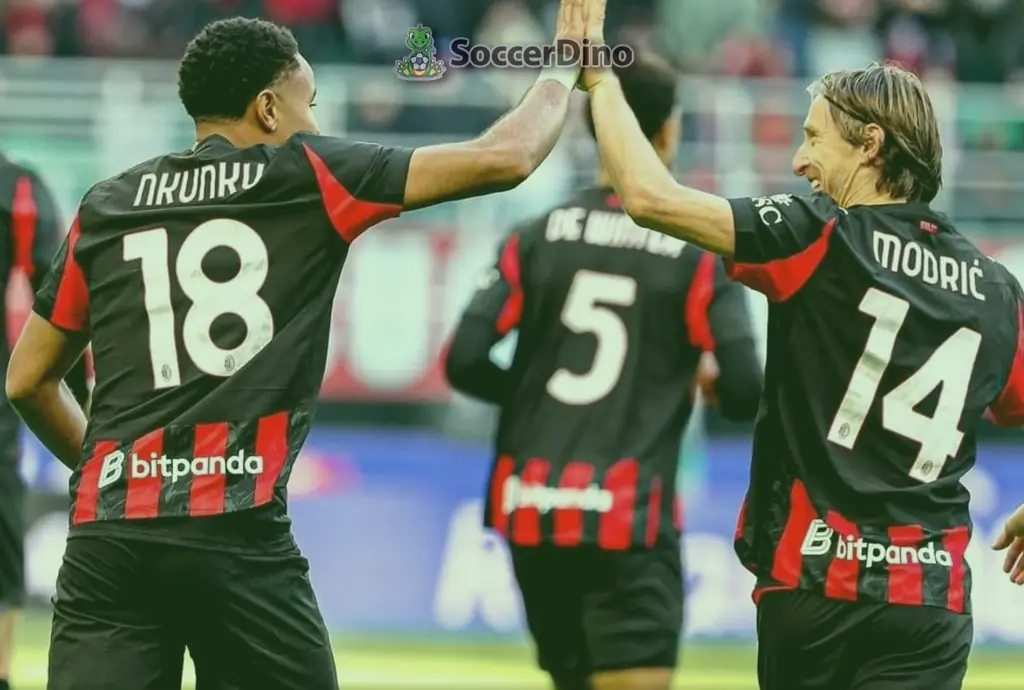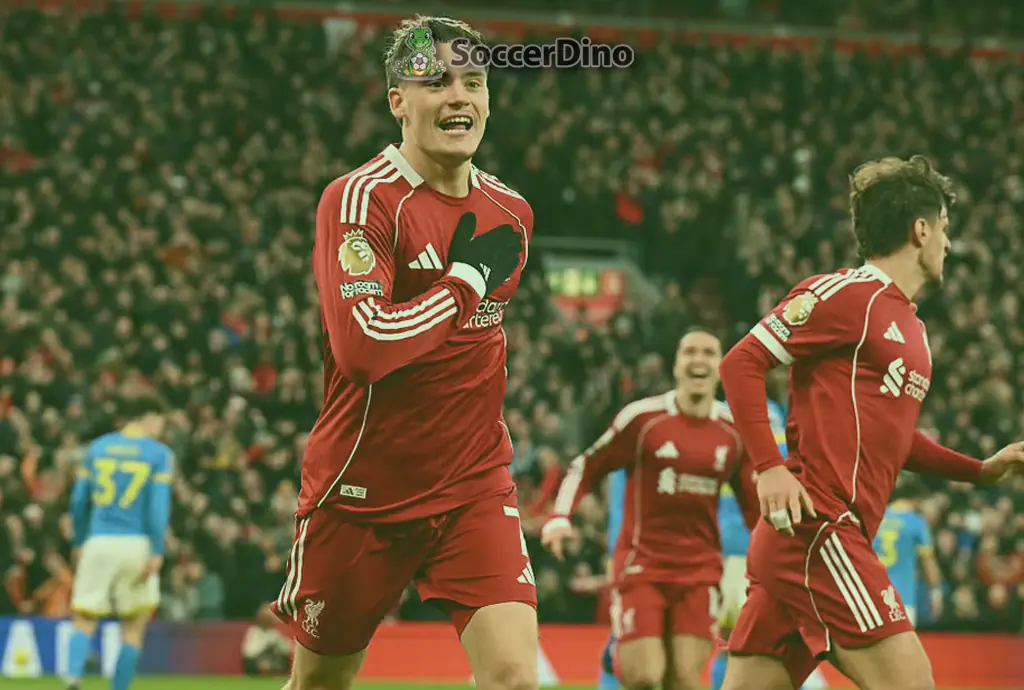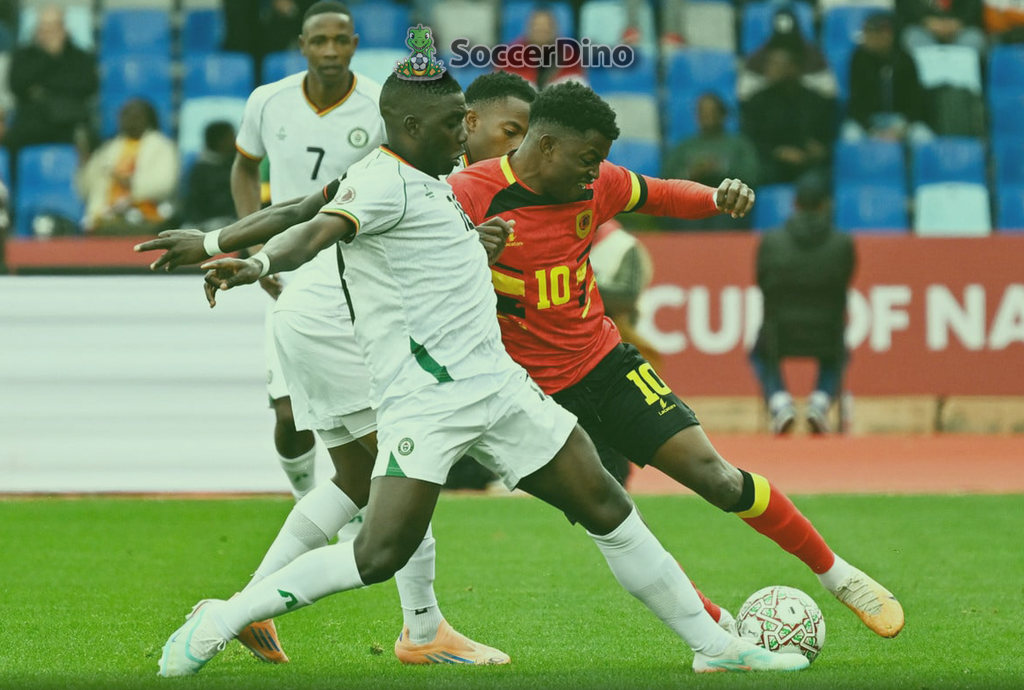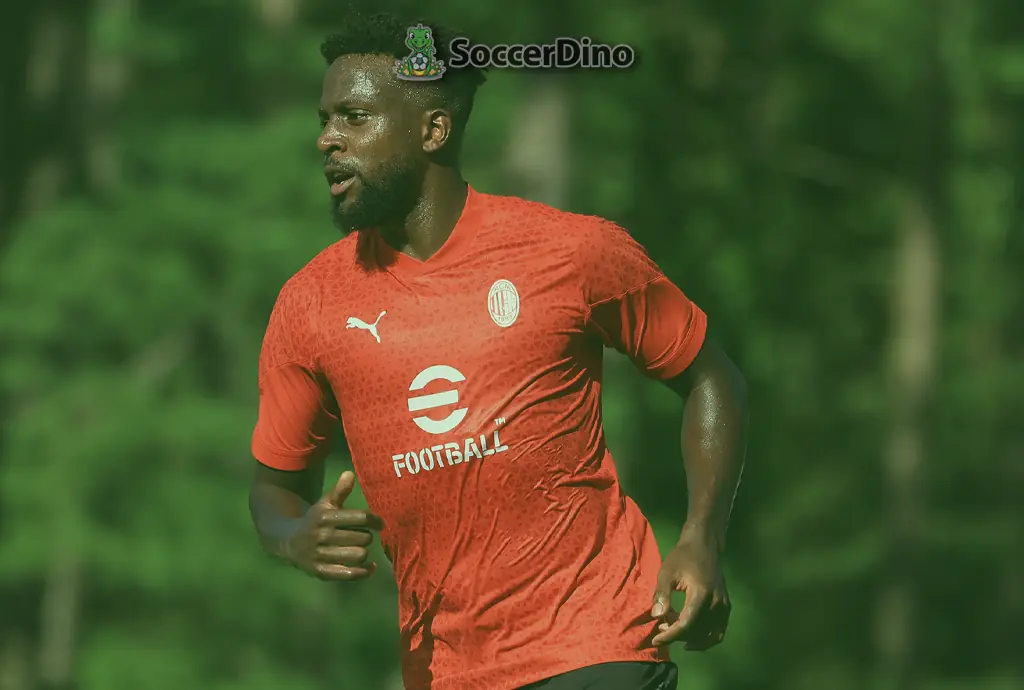Wayne Rooney is facing tough times with Plymouth Argyle. The 39-year-old manager has his team at the bottom of the Championship. Plymouth suffered a defeat on Sunday against fellow strugglers Oxford United, sparking significant anger among the fans. Rooney expressed complete understanding for their frustration.

Amidst a chorus of boos from the traveling fans who had journeyed over 300 kilometers to support their team and now faced a long trip home the Plymouth Argyle players trudged off the field in Oxford on Sunday.
The frustration from the supporters was palpable, as the team had just suffered its ninth consecutive match without a win. The disappointment in the air was as heavy as the situation facing Wayne Rooney, Plymouth’s manager, whose position is increasingly under scrutiny. Yet, despite the growing tension, Rooney responded to the fans’ outpouring of frustration with understanding and empathy.
"I get it, I understand it," Rooney said after the match. "I’ve experienced it myself when I was younger. I’ve been a fan sitting in the stands. You want to see your team run, you want to see them tackle. When you lose games, like we have, that frustration is there. I understand that and don’t take it personally."
This was not just a loss; it was another nail in the coffin of a season that has gone from hopeful to harrowing for Plymouth Argyle. After 23 matches, the club sits at the bottom of the Championship table, with only a four-point gap to the safety zone. For a team that began the season with ambitions of mid-table stability, the current scenario has been a crushing reality check. And for Rooney, who arrived with fanfare and expectations, the pressure is now immense.
The defeat to Oxford United was particularly bitter. Oxford, also struggling near the bottom of the table, was seen as a direct rival in Plymouth's fight for survival. Losing to a fellow struggler not only hurt the team’s position but also struck a blow to the morale of players, fans, and staff alike. The traveling supporters, who had invested time, money, and hope into this game, made their displeasure known with loud boos and jeers as the team left the pitch.
Despite the criticism, Rooney maintained his composure, demonstrating the calmness that has been a hallmark of his managerial style. However, he did not shy away from acknowledging the dire situation. "I think you have to consider all scenarios," Rooney admitted. "That’s normal when you look at the results over the past period. You have to ask yourself: Can you turn it around? Do you have the players to turn it around? Can I turn it around? Can the coaches turn it around? These are all things we really need to evaluate."
Rooney’s realism about the possibility of dismissal underscores the precarious nature of his role. The football world is unforgiving, especially in the Championship, where the stakes are high and patience is often in short supply. While the board has not publicly commented on Rooney’s future, the whispers of change are growing louder among fans and pundits. Yet, Rooney seems more focused on finding solutions than worrying about his job security.
Even after yet another setback, he avoided pointing fingers. "I’m not going to stand here and criticize the players, either individually or collectively," Rooney said. "We came here looking for a result but ended up losing the match. Of course, there will be individual discussions with players, but that’s obviously something between me and them."
His reluctance to publicly criticize the squad speaks to his belief in fostering a positive environment, even amid turmoil. Behind closed doors, however, Rooney is likely having candid conversations with his players about the need for improvement. Reports suggest that training sessions have been intense, with a renewed focus on defensive organization and attacking efficiency two areas where Plymouth has struggled significantly this season.
The question now is whether Rooney and his team can turn the tide. The gap to safety may be just four points, but with each passing game, the psychological weight of their position grows heavier. Plymouth’s upcoming fixtures include matches against promotion-chasing sides, which will test the team's resolve and ability to compete against stronger opponents.
For Rooney, the stakes are personal as well as professional. After a storied playing career, his transition to management has been closely watched. Leading a struggling Plymouth side in the Championship was always going to be a challenge, but the current crisis threatens to overshadow his potential as a manager. Yet, those who know Rooney speak of his resilience and determination qualities that carried him to the top as a player and could yet define his managerial career.
The fans, too, remain a crucial factor. While their frustration is understandable, their support could make a significant difference in the team’s battle against relegation. For now, Rooney’s focus remains on galvanizing his players, addressing the tactical flaws, and finding a way to restore confidence within the squad.
The road ahead is daunting, but the season is far from over. If Rooney can rally his team and secure a few crucial victories, Plymouth’s fortunes could quickly change. Until then, the pressure cooker atmosphere will continue to build, with every match feeling like a must-win. For Rooney and Plymouth Argyle, the coming weeks will be a defining period one that will either mark the beginning of a turnaround or the end of a difficult chapter.







